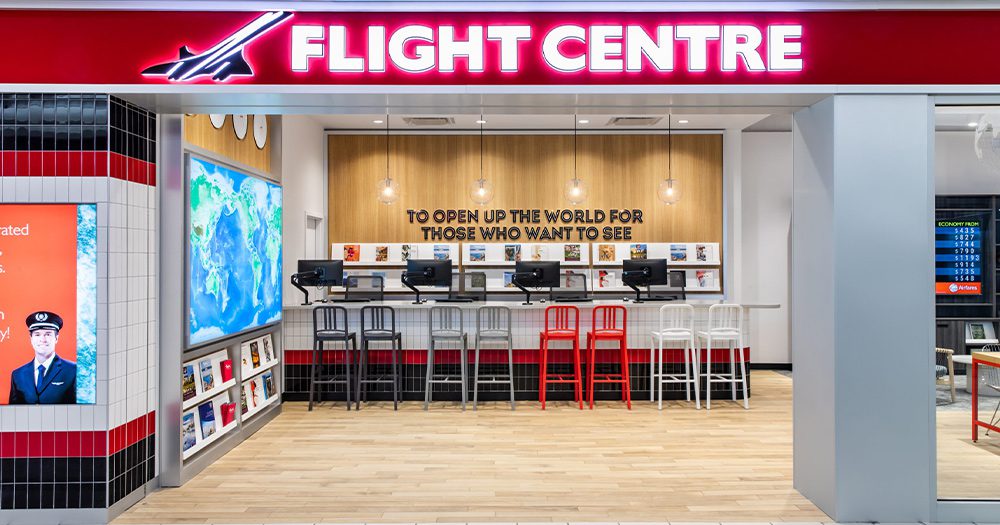In response to the increasing number of Australian workers choosing to work from home, some major companies have started to encourage their employees to go back to the office.
Some of these include Flight Centre and Dell. According to a survey conducted by KPMG, over 80 percent of Australian CEOs want their employees to return to work five days a week within the next three years.
According to Graham Wynn, a recruitment expert, it was inevitable for WFH to eventually replace the majority of jobs.
He noted that there had been a significant decline in the number of organizations offering hybrid or work-at-home opportunities.

Despite the increasing number of companies encouraging their workers to return to the workplace, a survey conducted by Yahoo Finance revealed that 69 percent of people would leave their jobs after their WFH perks were no longer offered.
On September 26, a memo was sent out by Dell stating that its employees would no longer be allowed to work three days a week.
The company, which has about 1,500 employees in Australia, previously had a rule that allowed employees to work three days a week.
An apparent video accompanying the memo shared online showed a representative of Flight Centre talking about the company’s culture.
Employees are expected to be in their shops or offices except when traveling. Similar to what companies such as Amazon have done, employees can request exceptions.
According to a study conducted by KPMG, workers can be enticed out of their homes and into the office with a variety of perks. The report also noted that 78 percent of Australian CEOs would likely give their employees a raise.
A study conducted by a third party revealed that a raise would most likely be an expectation under WFH arrangements.
The survey also revealed that workers expect a raise of at least 10 percent. According to Nicole Gorton, the director of Robert Half, many employees believe that they deserve a premium for the sacrifices they make when they return to the office. These include the loss of personal time, childcare expenses, and commuting costs.
Due to the cost-driven nature of the business environment, employers may not be able to offer a salary increase. Instead, they can focus on enhancing the company’s office environment and promoting in-person work arrangements to make the return to work more appealing.
While CBD locations have been deserted for the past few years, signs indicate that the area may soon be bustling with workers.
A senior Australian official noted that a new metro store by Woolworths is expected to be opening in Barangaroo.
Mark Wright, the head of immigration for KPMG in Australia, said that this is a sign that the return-to work culture will only get better. He noted that the company had carefully considered the area’s needs when it came to opening a store.
The company’s decision to open a new store shows that the economy is starting to support a return to work culture.
Wright noted that although the shift to remote work is not a passing trend, it is still a factor that will affect the future of the office. He said the increasing use of AI will help drive the development of new career paths for young talent.

